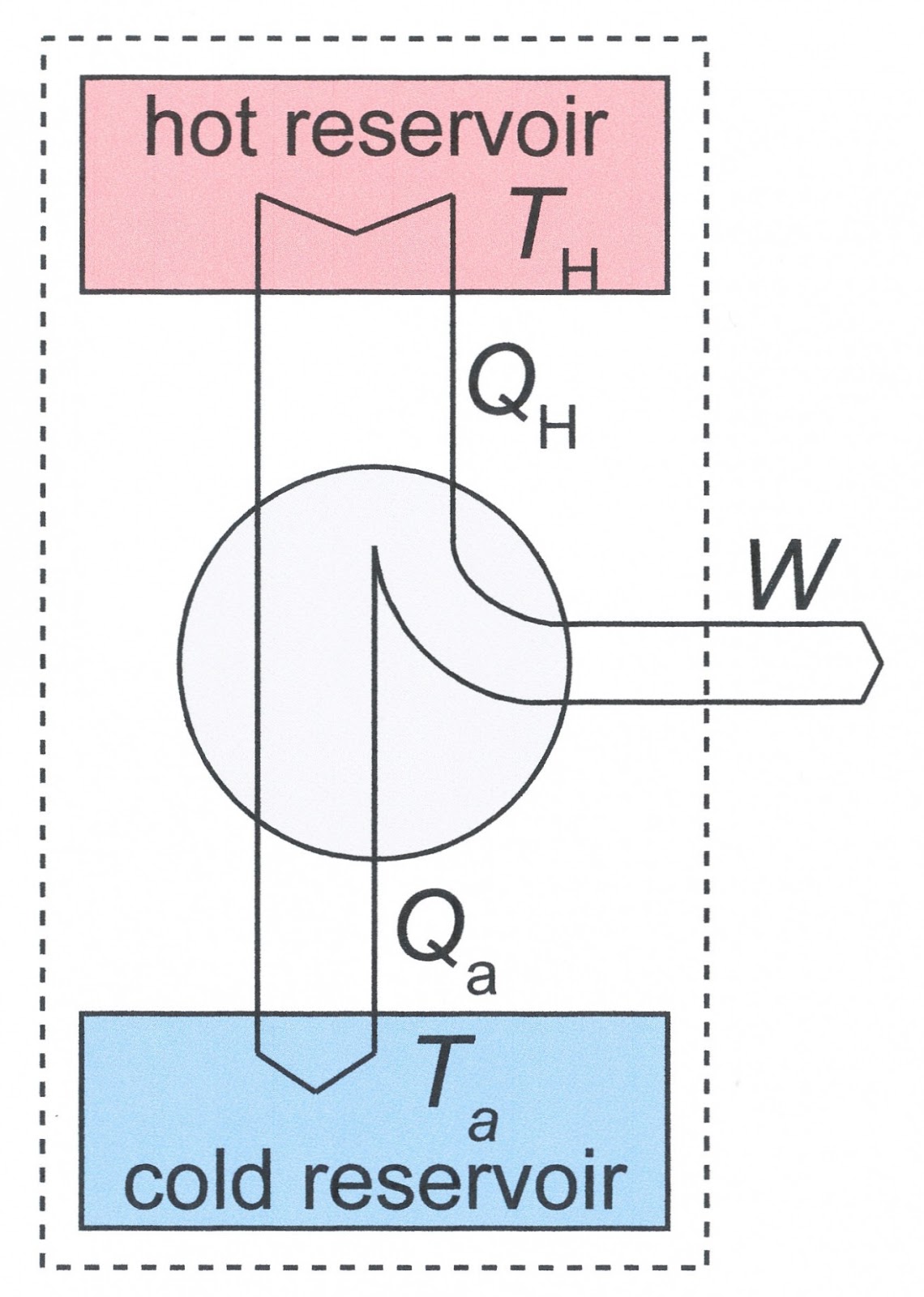T S Diagram Heat Engine
Heat engine: heat engine pv diagram Heat engine diagram schematic engines flow chapter reservoir ppt powerpoint presentation cold hot Heat engine: definition of heat engine in physics
Diesel Cycle: Process, PV Diagram, Efficiency with Derivation
Tension heating Carnot physics basic stirling reversible entropy thermodynamic processes Heat engine
Heat pumps physics thermodynamics refrigerators applications pump diagram cycle carnot air system figure graph transfer work chapter indicated shows circle
Hukum termodinamika thermodynamics ada mengapaHeat physics engines rankine explosions Cycle otto diesel nasa engine combustion ideal thermodynamics work efficiency gas diagram process engines cycles power loss works car pressureF10 m5 car blog: engine thermodynamics.
Schematic diagram of the irreversible heat engine and its t − s diagramHeat engine: example of heat engine Applications of thermodynamics: heat pumps and refrigeratorsSchematic diagram of heat engine.

Heat engine: heat engine ts diagram
Heat engine diagram engines schematic physics pv work candidate hp3 physi spec xx tz0 eng session number schematicsExquisite machines Carnot thermodynamicsDiesel cycle: process, pv diagram, efficiency with derivation.
Heat engine engines diagram energy temperature work high mechanical low fuel produced psuHeat engines Engine cengel carnot otecHeat engine schematic. heating zone (bottom) with higher tension and.

Heat engine energy exquisite machines scientifica ars temperature schematic july engines
Pv engine combustion dieselmotor mesin diagramm ciclo process bakar derivation explanation proses siklus motore .
.


Heat engine

Heat Engine: Definition Of Heat Engine In Physics

Schematic diagram of the irreversible heat engine and its T − S diagram

Schematic Diagram Of Heat Engine - Free Image Diagram

Heat engine schematic. Heating zone (bottom) with higher tension and

Applications of Thermodynamics: Heat Pumps and Refrigerators | Physics

Heat Engine: Heat Engine Pv Diagram

Heat Engine: Example Of Heat Engine

Exquisite Machines | Science 2.0